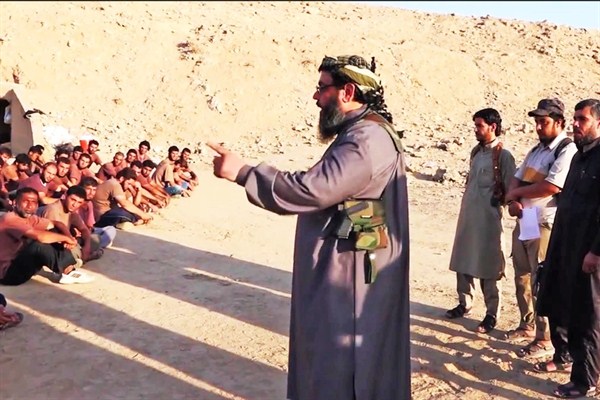A recent memorandum by Undersecretary of State Richard Stengel painted an ominous picture of America’s failure to counter propaganda from the so-called Islamic State (IS). Across the board, the U.S. narrative is, as Stengel put it, “being trumped.”
To a great extent this competition of narratives takes place on the Internet, particularly in social media. The Islamic State has made mistakes in that venue, but a number of indicators—its continued flow of recruits, the number of other extremist movements seeking to affiliate with it and its ability to inspire attacks in the West—demonstrate that the United States is losing on the social media battlefield.
In a sense, this is not surprising: The Islamic State has several advantages that it exploits in this realm. Its narrative, for instance, promises heroism and heavenly rewards. This is intrinsically more appealing to its idealistic, alienated and immature audience than counternarratives based on responsibility, moderation and safety. Also, the Islamic State’s presence on social media is massive. A recent Brookings Institute report by J.M. Berger and Jonathon Morgan estimated that IS has around 46,000 Twitter accounts and can open new ones as fast as old ones are identified and closed.

